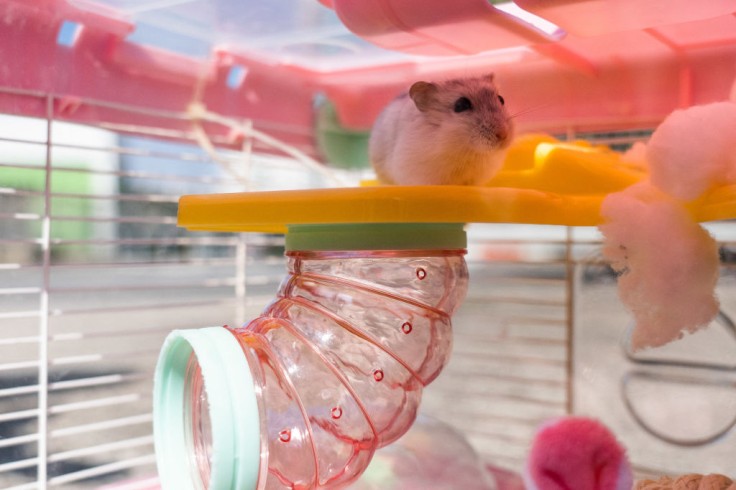
When expanding your family with a furry friend, the spectrum extends far beyond cats and dogs for small pets. Compact companions offer their own charm, requiring less attention and often fitting into a more manageable budget.
For children aged 5 and up, small pets serve as delightful companions and educational tools, fostering a sense of responsibility, notes Jennifer Graham, DVM, an associate professor specializing in zoological companion animal medicine at Tufts University's Cummings School of Veterinary Medicine in North Grafton, Massachusetts.
Choosing a small pet demands the same level of research and consideration as larger animals. While popular choices like hamsters and guinea pigs share a resemblance, their care needs and social interactions vary significantly.
Exploring the suitability of a small pet for your family involves assessing these seven diverse options-ranging from traditional to unconventional-each with its own distinct needs and traits.
Top 5 Small Pets for Children
1. Rabbits
A rabbit can be a perfect kid's best friend. Considered popular companions for children, rabbits require careful adult supervision due to their fragility.
Dr. Quesenberry advises spaying or neutering rabbits to prevent aggression and uterine cancer, especially if kept in groups, as they thrive socially. Although they can live up to 12 years and can be litter-trained, rabbits need ample space, attention, and a balanced diet of hay, fresh vegetables, and pellets.
2. Guinea Pigs
Distinguished by their gentle nature, sociability, and being one among the many small pets, guinea pigs are ideal for young caretakers. They enjoy company and fare better in pairs or small groups, making them less prone to frustration when handled by children.
However, their longer lifespan (about five to seven years) and dietary demands, including hay and vegetables, necessitate regular cleaning of their cages due to their voracious appetite and potential messiness.
3. Birds
While visually appealing and friendly, birds require caution with young children due to handling challenges and the need for secure cage management. They can be difficult to retrieve if they escape, leading to potential safety hazards like climbing furniture. Additionally, birds are vocal and require regular cage maintenance, similar to mice and hamsters.
4. Fish
While fish don't offer cuddles, they provide a serene and visually captivating experience, teaching children responsibility through daily feeding routines. Caution is advised as fish can carry rare germs like salmonella, necessitating careful tank maintenance. Position the fish tank where children can observe without disturbing the fish, and be prepared for occasional fish funerals due to their delicate nature.
5. Cats and Dogs
Dogs and cats make wonderful companions as children's pets, requiring time and suitable living arrangements. The benefits for kids are vast, promoting happiness, self-esteem, cognitive development, and stress reduction. Dr. Fox recommends specific breeds like Labs, Poodles, Pitbulls, King Charles, Havanese, and Pugs for family environments.
While certain cat breeds may have distinct personalities, individual temperaments can vary widely within breeds. Spending time with a potential pet beforehand allows for temperament assessments and family compatibility checks. For adopters, extended interactions at shelters or breeder visits aid in making informed choices for a harmonious pet-family relationship.